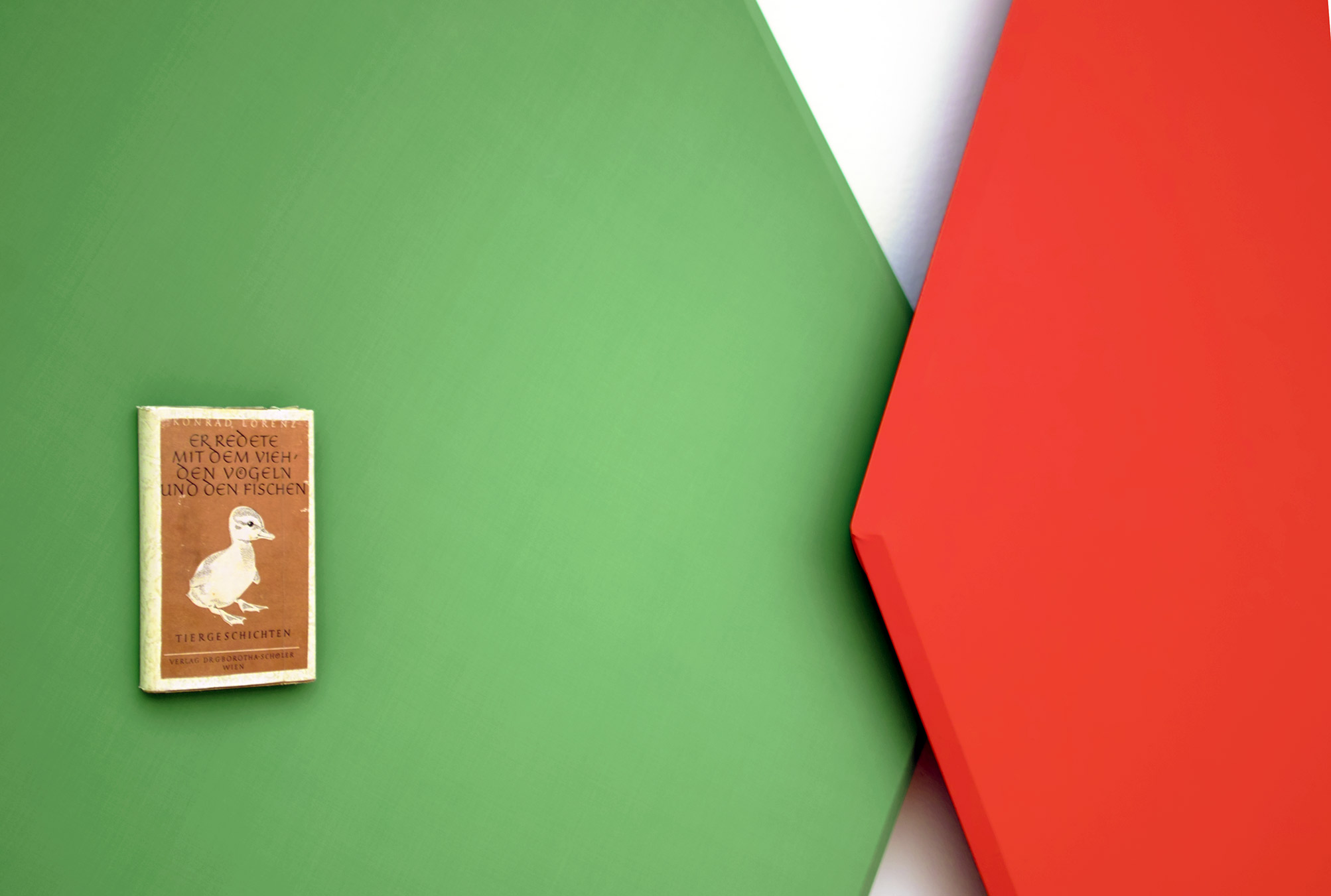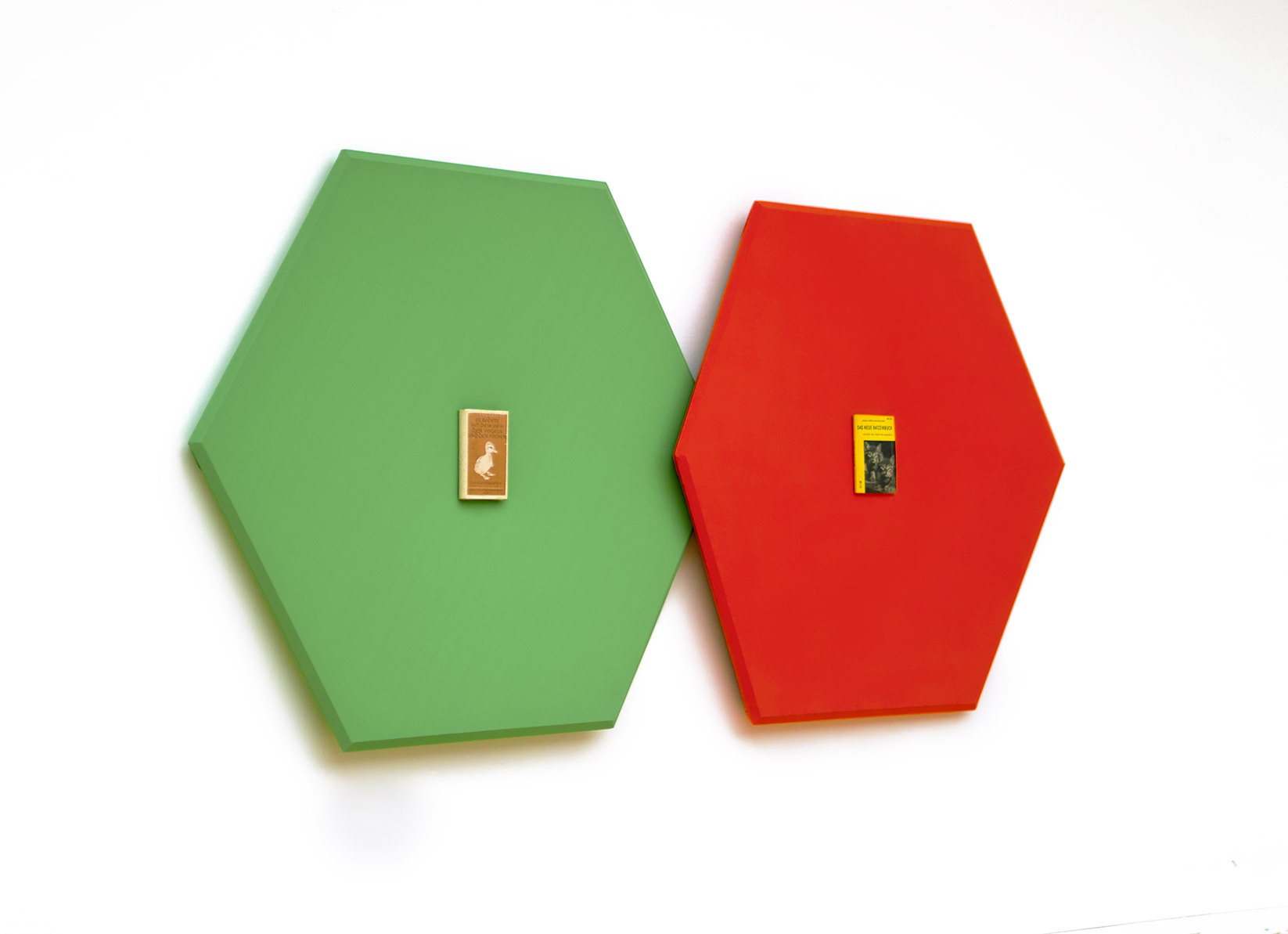
01—12.12.2012
Critical Alliances, HDLU, Zagreb, HR
Opening: November 30th 2012, at 7 pm
with
Hugo Canoilas (PT/AT)
Lucy McKenzie & Beca Lipscombe (Atelier) (GB/BE)
Wolfgang Obermair (DE/AT)
Markus Proschek (AT)
Ales Pushkin (BY)
Tamas St. Turba (HU)
Ekaterina Shapiro (RU/AT)
Martin Vesely (AT)
“The active working process of the cortex is a militant act of the organism, all soothing, lulling circumstances are affecting it in a disturbing manner.” ? Aaron Salkind in his instructions to the hygiene of intellectual work, 1926.The exhibition “Critical Alliances” would like to question historical perceptions regarding the ideal conditions of artistic production and and how they relate to the working and living situations of contemporary artists. What sort of external circumstances do artists consider as ideal for their self-determined creative activity? What spiritual and psychological incentives are required? What restrictions are perceived as productive potential? Is financial stability a necessary ideal? Should artists desire for the benevolence of the society? And finally, how does the inner dialogue of the artist manifests itself between him/her and the social environment?
“But if one opens all the ways to go and where to go with whom, how would you find your way? Mashina Vremeni in their song “The Barrier”, 1981.
FIXED ACTION PATTERNS
cloths on hexagons, books
280 x 130 cm
2012

Two books are presented on a dual perception display: Konrad Lorenz’s “He was talking to the cattle, to the birds and the fishes” and Countess Maria von Maltzan’s “The new cat book”. Both books have appeared shortly after the Second World War, in a period of economic and social instability. Both authors have chosen to publish a popular scientific adviser how to keep and take care of pets. Countess Maria von Maltzan was a veterinarian and resistance fighter during the 3rd Reich. Konrad Lorenz was an ethologist and a Nobel prize winner – controversial because of his opportunistic role supporting Nazi ideas of “racial hygiene”. Obermair is intersted in historical paralells, and how perceptive settings are able to reflect the condtions of cultural and scientific production.
Wolfgang Obermair Dresdner Strasse 46/10 1200 Vienna / Austria